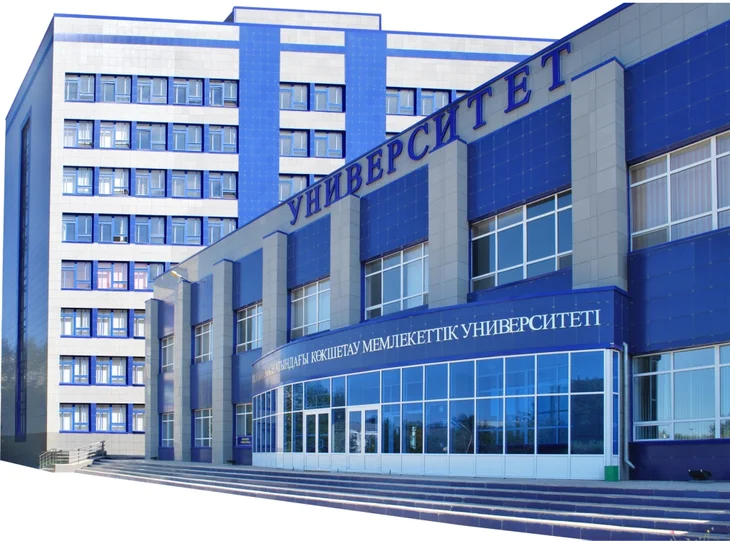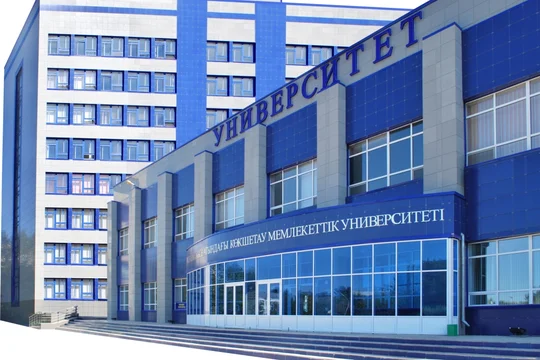Biology (IP)

Educational program code
6B01533
Language of instruction
Kazakh, Russian
Learning level
Undergraduate
Duration of study
4 year
Specialized subjects
Biology
Chemistry
Objectives of the educational program
Training a qualified biology teacher who is able to use innovative technologies, including STEM-, CLIL-, IT-technologies in professional activities, possessing pedagogical and subject competencies in the field of conceptual and theoretical knowledge, conducting scientific research and applying them in science.
- Psychology in Education and Concepts of Interaction and Communication
- Educational Science and Key Theories of Learning
- Age and Physiological Features of the Development of Children
- Inclusive Educational Environment
- Teaching Planning and Individualization of Learning
- Teaching Methods and Technologies
- Assessment and Development
- Pedagogical Research
- Research, Development, and Innovation
- Introduction to the teaching profession (pedagogical practice)
- Psychological and pedagogical assessment (pedagogical practice)
- Pedagogical approaches (pedagogical practice)
- Research and innovation in education (pedagogical practice)
- Structure and functions of plant organisms
- Diversity of plant organisms
- Plant Physiology
- Human and Animal Physiology
- Structure and functions of animals 1
- Structure and functions of animals 2
- Molecular Biology
- Conceptual Biology Training
- Educational practice and methods of its implementation at school (Botany)
- Educational practice and methods of its implementation at school (Zoology)
- Life Safety Basics
- Human biology
- Human anatomy
- Individual development of living organisms
- Cytology, histology and embryology
- Patterns of inheritance and variability
- Genetics and the basis of breeding
- Comparative anatomy and evolution of living organisms
- Evolutionary teaching
- Biogeocenology
- Ecology of plants, animals and humans
- Bioresources of Kazakhstan
- Flora and fauna of the world
- Environmental Chemistry
- Theoretical foundations of inorganic chemistry
- Biochemistry
- Bioorganic chemistry
- Biophysics and bioinformatics
- Scientific foundations of natural science
- Biometrics
- Experimental Biology
- Microbiology with the basics of biotechnology
- Applied biology with the basics of soil science
- STEM education in biology
- Digital technologies in biology
- Design of STEM education
- Modern approaches to the organization of a biological experiment
- Methodology of biological research
- Research and project activities in biological education
- Academic letter
- Content-language integrated learning in biology
Learning outcomes and competencies
- to develop own moral and civic position, acting in accordance with the social, business, cultural, legal and ethical standards of the Kazakh society, using the foundations of socio-political, economic and legal knowledge, demonstrating personal and professional competitiveness
- to assess situations in various areas of interpersonal, social and professional communication in oral and written forms in the state, russian and foreign languages using analytical and critical thinking to develop language competencies
- to use various types of information and communication technologies, modern methods of processing and synthesizing information in the field of scientific and pedagogical research
- о to focus on a healthy lifestyle to ensure the sustainable development of society and nature, full-fledged social and professional activities
- to develop and apply methods of teaching, education, assessment in various types of educational environment, taking into account the principles of student-centered, competence-based, inclusive approaches
- to carry out the choice of methodology and analysis for planning, conducting, collecting and processing data from laboratory and field studies
- to build professional relationships for constructive pedagogical and social activities, own pedagogical development and well-being
- to integrate knowledge of related sciences necessary for everyday professional activities and the formation of functional literacy of students
- to use conceptual theories and laws of natural sciences to explain patterns, phenomena and processes in nature, to form a holistic view of the natural science picture of the world
- to use the fundamental basics of biology and modern trends in its development, knowledge about the diversity and functioning of biological systems, their vast variety and evolution
- to analyze the level organization of wildlife, the biological nature and social essence of a person, to demonstrate a scientific worldview, environmental and genetic literacy
- to create and offer solutions to non-standard problems, to model and carry out biological and pedagogical research using the skills of academic writing, the principles of academic honesty
